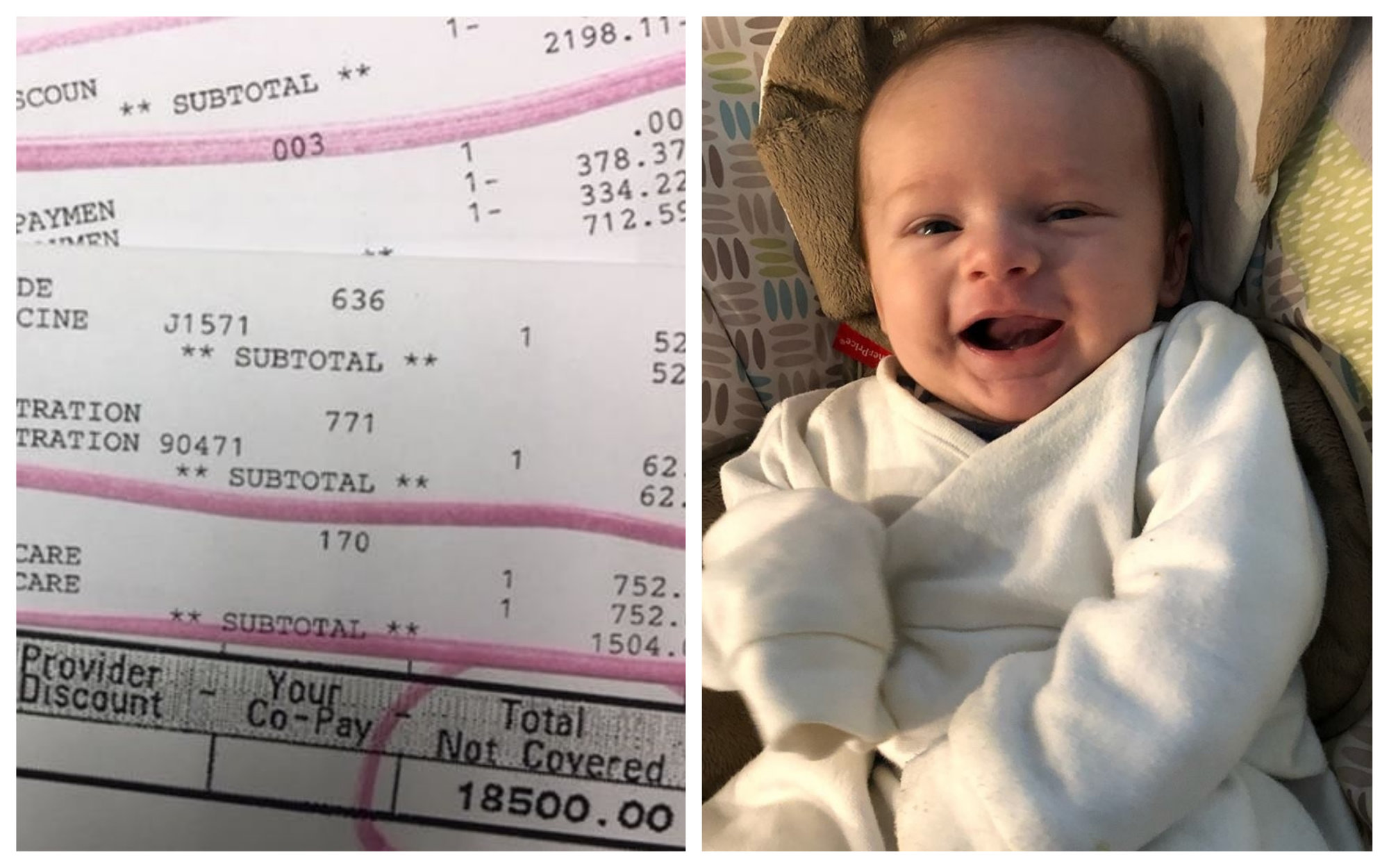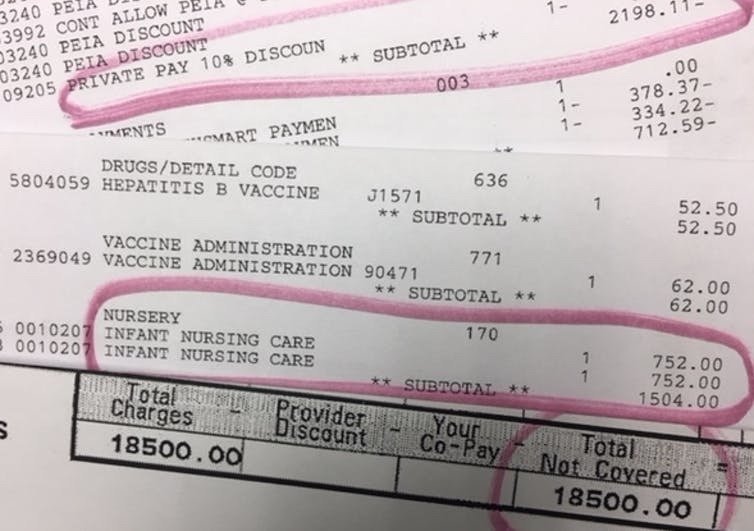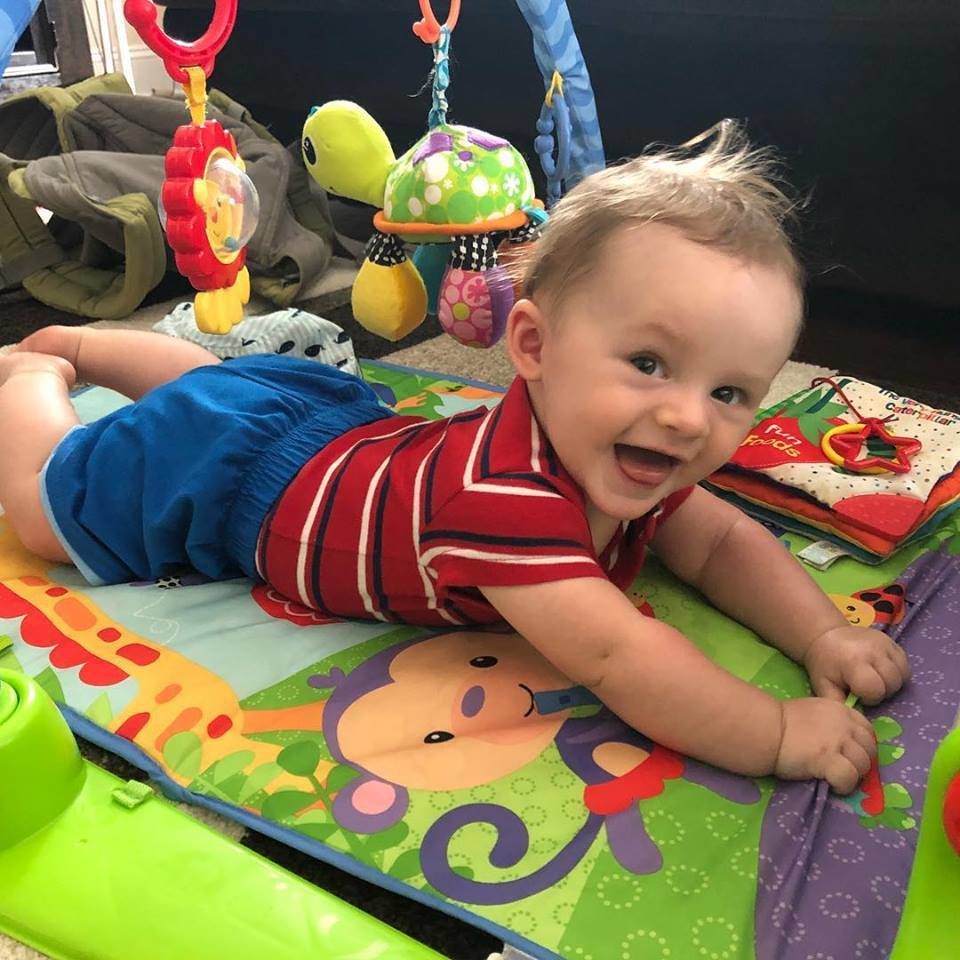
It is hard to believe that it has been just over since five months since our second son, Lukas, was born on February 3. His mother, Hollyanne, is doing well, which is something to be thankful for, given the excessive maternal mortality rates in the United States. Lukas is also healthy and growing, albeit sleeping little at night. What is unbelievable is the fact that I am still receiving bills for his birth.
Of course, I “knew” what was going to happen when we found out that my wife was pregnant. I study health policy for a living, and I have written extensively about the American health care system. Yet for all the reading and writing, experiencing health care in America personally is a rather shocking experience. Keep in mind, our birthing experience was without any complications and we have health insurance.
I cannot imagine how overwhelming the experience must be for someone with fewer resources and less of an understanding about health care in America.
From the first doctor’s appointment, we were introduced to what to expect: lots of paperwork and lots of bills. There are of course all the monthly, then biweekly, and then weekly doctor’s visits with the corresponding bills.

In West Virginia, due to the opioid epidemic, most doctors will also insist on a drug screen.
As it turned out, my wife’s doctor ordered copious amounts of blood work and ultrasounds – “outpatient diagnostic services,” totaling thousands of dollars. It is hard to question any of these when all you want is a healthy baby — and your doctor is the only one who knows which tests are necessary.
Like most parents, we also wanted to know whether our baby was going to be healthy. Here is the total amount of the bill for genetic testing sent to our insurance company: $26,755.
Giving birth to our first son, Nico, had been quite an arduous experience for my wife. She labored for more than 30 hours. Determined not to spend hours in the hospital, my wife practically gave birth this time in the front seat of our car. Ultimately, I was able to throw my wife onto a bed in the maternity ward, and Lukas popped right out.
I joked to my wife: “At least they cannot charge us for delivery.” At the very least, I should file a claim with our insurance company.
I am still not quite sure how wrong I was, because every time I ask for a detailed bill, new items appear while others miraculously disappear.

The delivery room, which we used for all of one minute, cost about $7,000. Room and board for my wife for 48 hours cost just over $3,100. Two Tylenols for my wife: $25. Laboratory work: $1,200.
That does not account for Lukas. Room and board for him was just over $1,500. Various laboratory work charges added another $1,400 or so. The hearing test cost $260.
I tried to keep track of all the medical personnel coming and going, but after a while it all became a blur. The doctor, who was not present at birth, charged $4,200 for delivery and care. Pediatricians stopped by a few times to check on Lukas for $150 per look.
As demanding as giving birth is, in many ways, the real challenges of raising children start when one leaves the hospital.
Like many American women, my wife, a teacher, did not have access to paid maternity leave. Hence, we had to make do with one income for a few months. Of course, this could not have been a more inconvenient time to lose a paycheck, because literally every day we received medical bills. Many of the bills misspelled someone’s name or got another fact wrong, which led to countless phone calls with providers and our insurer …
This post was written by Simon Haeder and was reprinted with permission. Check out the full story on The Conversation.



